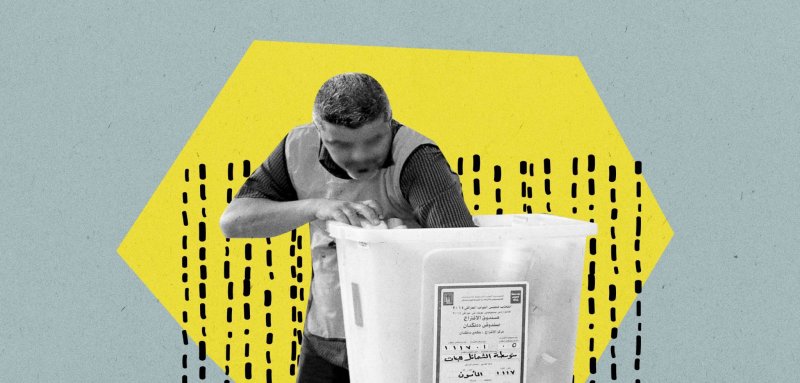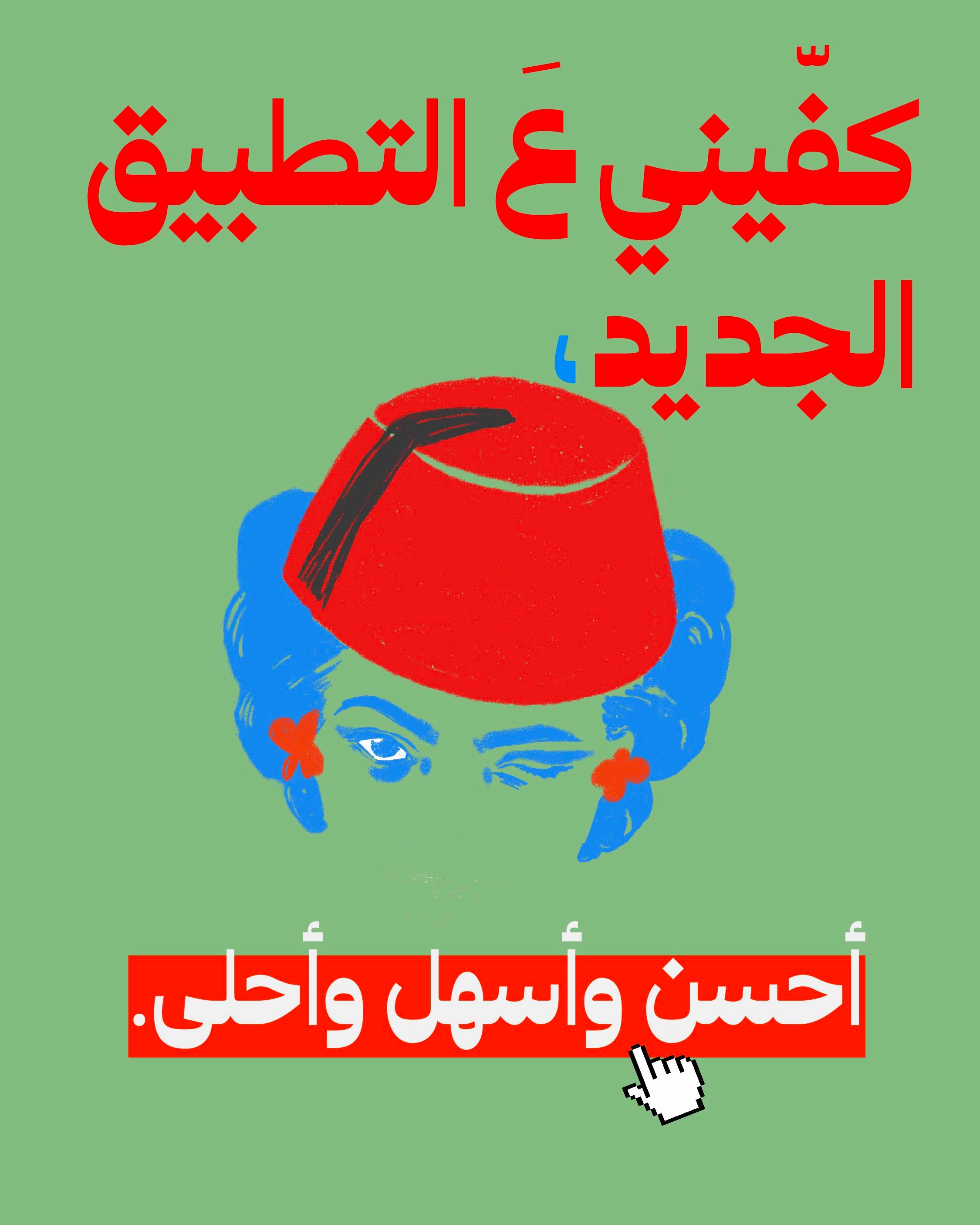On October 10th, Iraqis head to the polls to vote in parliamentary elections—an important milestone for a country where opportunities for democratic engagement come few and far between. Voting will take place amid the ongoing COVID-19 pandemic, an economic crisis, and popular unrest. On top of this, internet freedom in Iraq, including in the Kurdistan region, is under assault, according to the newly released Freedom on the Net 2021 report from Freedom House.
This restrictive environment threatens the integrity of the election and further impedes Iraq’s halting democratic progress. A free and open internet is critical during elections, particularly so that voters can access accurate information, engage in meaningful debate, and speak freely online without the threat of persecution.
How Censorship, Disinformation, and Harassment Threaten Electoral Integrity
There is a real risk that the authorities will limit internet access and resort to other blunt forms of censorship during this crucial vote. If they do so, they would be playing to form; in October 2019, for example, authorities responded to antigovernment protests by disrupting internet access in most of the country, and ahead of the 2018 elections, there were reports of connectivity disruptions following public calls to boycott the vote.
Robust internet access is essential for voters to obtain the information they need to make informed decisions at the ballot box. Internet connectivity is also necessary for journalists, bloggers, members of civil society, and ordinary people to report on electoral outcomes, draw attention to any irregularities or cases of voter intimidation, and push for accountability.
Censorship, Disinformation, and Harassment Threaten Electoral Integrity. The widespread manipulation of online content and the lack of a strong, independent media ecosystem also limit Iraqi voters’ ability to separate fact from fiction.
The widespread manipulation of online content and the lack of a strong, independent media ecosystem also limit Iraqi voters’ ability to separate fact from fiction. Political parties, nonstate actors, and politically connected power brokers spend large amounts of money to spread false or misleading information online to promote their agendas. Moreover, the lack of diversity in reputable online media, the proliferation of progovernment outlets, and financial constraints that box independent journalism out have all provided room for disinformation to flourish online.
Disinformation targeting election officials, elected politicians, and government officers has already threatened the credibility of candidates and the confidence of voters. Some of the political parties that have dropped out of the election have urged their supporters to boycott the vote, including by spreading rumors on social media that could undermine faith in the Iraqi electoral system.
The contest’s credibility is also threatened by the increasing harassment and violence people are facing in retribution for their online activity. Political parties and powerful nonstate groups have intimidated, harassed, and attacked their opponents ahead of the polls; female candidates and those affiliated with the protests that began in October 2019 are among those targeted with blackmail and defamation campaigns by electronic armies, along with offline violence.
Pervasive harassment and sometimes-lethal physical attacks on journalists, activists, and social media users have prompted many to self-censor. The constant threat of retaliation for online speech and impunity for perpetrators could limit people’s willingness to criticize candidates and hold officials to account. This has a tremendous chilling effect online, and coupled with the spread of disinformation, contributes to an unreliable information environment that impacts voters’ ability to make informed decisions.
How to Defend Internet Freedom Before, During, and After the Vote
While preelection tumult has exposed the many challenges online users face, promoting internet freedom in Iraq is by no means a lost cause. There have been recent wins for advocates of internet freedom; in February 2021, the Iraqi parliament suspended a controversial cybercrime bill that would have given the authorities the ability to prosecute and harshly penalize anyone engaging in online speech deemed “threatening to national interests.” Before the bill was suspended, First Deputy Speaker Hassan Karim al-Kaabi called for the draft to be amended to protect, rather than criminalize, free expression online. Legislative pushback against the draft provides a glimmer of hope that the political will to protect online expression exists, and that officials are responsive to civil society advocacy.
Those working to bolster the Iraqi electoral environment should also defend internet freedom. Civil society actors should continue to document and raise awareness about censorship, content manipulation, and physical attacks against online users.
Those working to bolster the Iraqi electoral environment should also defend internet freedom. Civil society actors should continue to document and raise awareness about censorship, content manipulation, and physical attacks against online users. These actors can also foster a more resilient online userbase over time, through continued civic education and media literacy work.
The private sector also has a role to play. In August, Facebook announced that it would vet political advertisements ahead of the October elections, aiming to limit political disinformation and promote transparency. Publicizing the individuals and groups that pay for political advertisements will provide voters with much needed transparency. This move should be part of a broader approach by social media companies that includes investing in increased capacity to conduct local language content analysis, ensuring greater transparency and accountability in content moderation, and providing avenues of appeal for users whose content is restricted. Tech companies should also bolster engagement with local experts to understand the implications of their policies and products and to make adjustments as necessary to them in order to protect internet freedom.
Telecommunications providers and other tech companies, meanwhile, should resist orders from the Iraqi Communications and Media Commission (CMC) to cut internet connectivity or block digital services. Firms should instead use all available legal channels to push back against such orders and prioritize the rights of users. Short of this, companies—should they ultimately lack the ability to resist CMC threats or fines—can work to ensure that disruptions are as limited as possible in duration, geographic scope, and in affected content.
Companies should also thoroughly document government demands for censorship and notify users as to why connectivity or content may be restricted. This would be especially valuable for Iraqi users, who already contend with regulators’ nontransparent decision-making. Additionally, companies that provide Virtual Private Networks should offer free-of-charge or low cost, as well as secure, services ahead of and on election day, so that voters can access social media platforms and other essential resources if they are blocked.
Upholding internet freedom and protecting the rights of online users is imperative if the coming election is to be truly free and fair. Threats to online and offline expression, however, will not abate just because the election has passed. For Iraq to solidify democratic progress there must be continued efforts and enforceable legislation to safeguard the rights of Iraqis, including the right to a free internet.
رصيف22 منظمة غير ربحية. الأموال التي نجمعها من ناس رصيف، والتمويل المؤسسي، يذهبان مباشرةً إلى دعم عملنا الصحافي. نحن لا نحصل على تمويل من الشركات الكبرى، أو تمويل سياسي، ولا ننشر محتوى مدفوعاً.
لدعم صحافتنا المعنية بالشأن العام أولاً، ولتبقى صفحاتنا متاحةً لكل القرّاء، انقر هنا.


